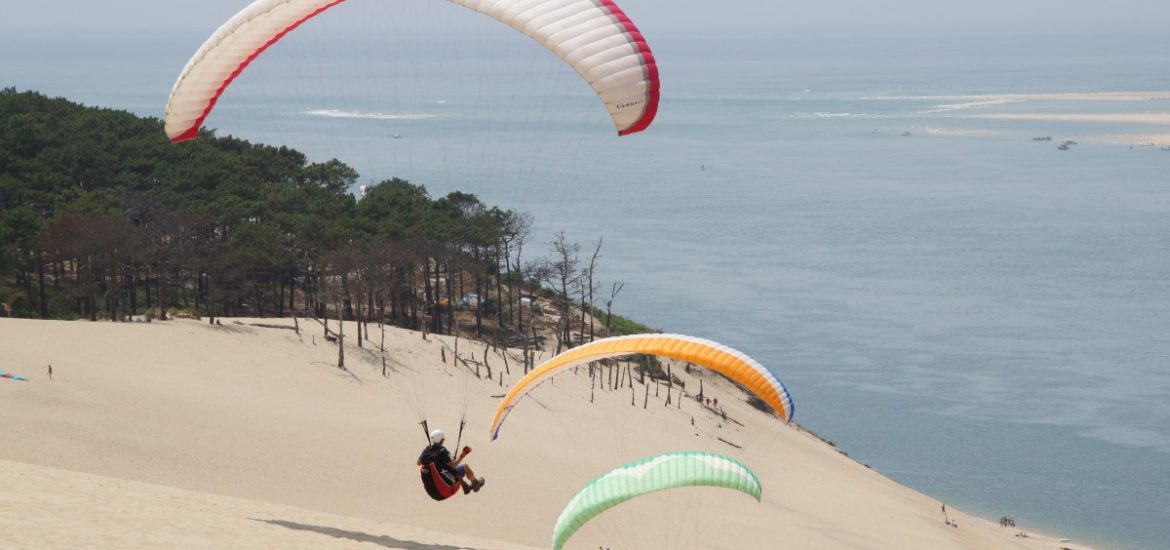
Costs have fallen in the latest French onshore wind tender, according to government results, with 22 projects, totalling 508 megawatts (MW), winning bids.
The total volume of bids exceeded 900 MW.
The weighted average winning price was €65 MW/h, which was lower than the current tariff for smaller projects of €72 MW/h and the €82 MW/h feed-in tariff previously awarded.
“The results clearly show that the competitiveness of mainland wind energy and wider renewable energy is a reality,” said French ecological and inclusive transition minister Nicolas Hulot.
Under the French scheme, wind farms are due to sell their electricity with 20-year guarantees on income.
Schemes were eligible for a bonus if they involved crowd-funding, which a third of the pilot projects included.
Under a recent tender in solar energy, the average price was set at €61.6 per MW/h, and for 5 MW to 17 MW projects, the price was €55.3 per MW/h, meaning solar power in France is cheaper than wind.
The French authorises welcomed the findings, saying it would extend the competitive tender model to more wind farms.
Giles Dickson, WindEurope chief executive, said: “It’s good to see costs fall. But they remain higher in France than elsewhere in Europe for a number of reasons. First, because project lead-time in France is seven-to-nine years on average, and once you apply for your permit at the start of the process, it’s almost impossible to update it later on with the latest technology.
“So French developers don’t install state-of-the-art turbines. Also the tip height of turbines is often limited to 150 metres or less in case of radars and aviation constraints which undermines the deployment of the latest technology. Projects are also get held up in the courts: 70 per cent of authorised projects are currently held up in administrative tribunals.
“The government has now proposed reforms that will reduce the average time it takes for wind projects to be completed and connected to the grid. This is very good. The government also proposes to partially phase out the contract for differences tariff for small projects, reducing the eligibility to very small projects. It’s extremely important they do this the right way. Retroactive changes undermine investor confidence. They need protection for existing investments and stability and visibility on support mechanisms,” Dickson added.
France has great potential for wind power. Picture credit: PXHere





